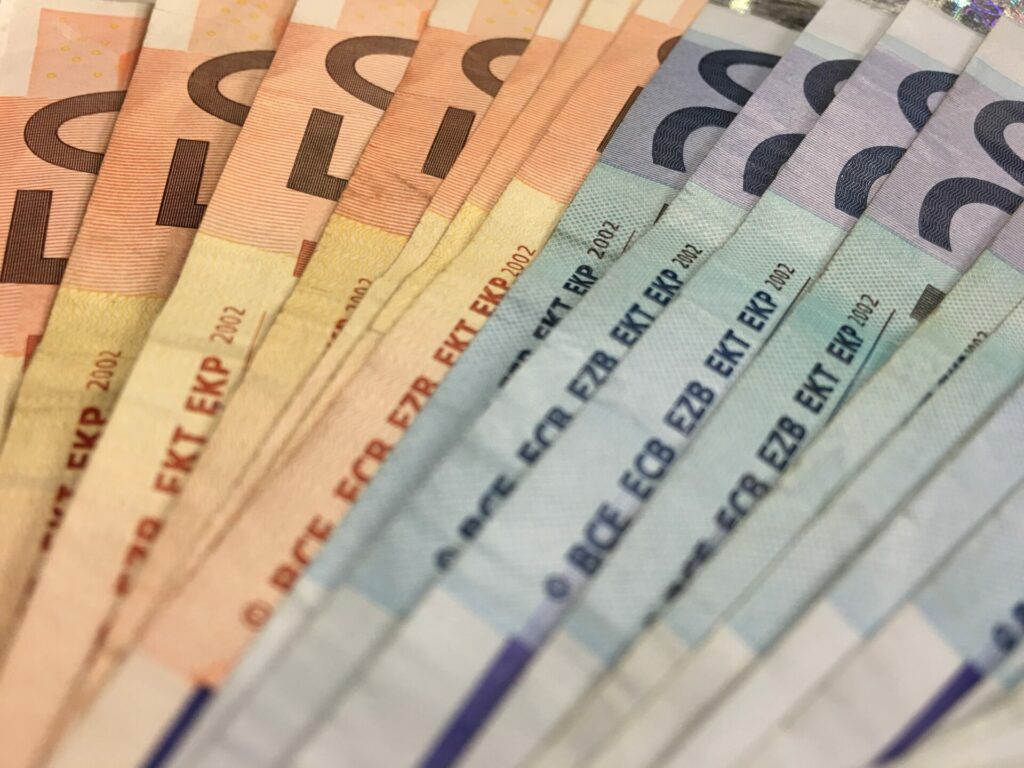The amount of dirty money detected in Belgium has increased tremendously in recent years, according to the 2021 report of the Financial Information Processing Unit (CTIF), L’Echo, De Tijd, and Knack newspapers reported on Saturday.
Denunciations to the CTIF increased by 50% since 2020, which was already a record year, both in terms of denunciations and the amount of money involved. The number of cases transmitted to the judiciary increased in tandem, as did the cumulative amount involved in the suspected illegal dealings, which totalled 2.336 billion euros last year, a 42% increase over 2020.
Between 2019 and 2021, the number of official investigations linked to organised crime nearly doubled, while the amounts involved increased almost fourfold.
British payment companies transferring to Belgium after Brexit, along with the alleged fraud surrounding Avrox face-masks, are assessed to be significant factors in the spike of dirty money, but they do not account for the entire increase, Belga News Agency reports.
Related News
- Cocaine and meth: Belgium remains favourite import country for drug smugglers
- Dubai Uncovered: Belgian criminals live in luxury beyond reach of the law
- Serious crime remains unprosecuted in Belgium due to staff shortages
The CTIF report shows that money laundering continues to flourish in Belgium ever since major criminal networks stepped up their activities at the Port of Antwerp, transforming it into a major cocaine entry point in Europe.
The CTIF also noted, like the Justice Department and police before it, that an increasing number of independent money laundering networks now work hand in hand with the drug traffickers, taking over the entire dirty-money chain, from reception to integration into the real economy.

